|
LISTEN TO THIS THE AFRICANA VOICE ARTICLE NOW
Getting your Trinity Audio player ready...
|
The Mai Mahiu Floods
April 2024 will remain etched in the memories of many Kenyans as the month when Mai Mahiu, a tranquil town in Nakuru County, became the epicenter of one of the year’s deadliest disasters. A flash flood claimed at least 61 lives, displaced hundreds, and devastated livelihoods in mere moments, leaving a trail of destruction that will take years to mend.
On the night of April 29, torrential rains battered the region, which overwhelmed the area’s already fragile infrastructure. A railway embankment, designed to channel water safely, gave way under the immense pressure. The culvert beneath it, meant to drain the water, clogged and burst. What followed was a torrent of water cascading into homes, farms, and roads, sweeping away everything in its path.

The floodwaters tore through buildings and overturned vehicles. Entire families were separated as people scrambled for safety. Survivors spoke of wading through waist-high water while clutching children, some forced to watch helplessly as neighbors and loved ones were swept away.
The official death toll stood at 61, but rescue workers warned that more could still be unaccounted for. Over 300 families lost their homes, and hundreds of livestock perished, leaving many with no means of livelihood. Hospitals in the region were overwhelmed as they treated injuries ranging from broken bones to hypothermia.
The Kenyan government declared the floods a national disaster and deployed rescue teams to assist survivors. Relief agencies distributed food, water, and temporary shelter to displaced families, but many criticized the response as slow and insufficient.
When Kenya’s Gen Z Stormed Parliament and Faced Police Brutality
June 2024 will be remembered in Kenya’s history as a month of political upheaval, driven by a bold youth uprising that culminated in the storming of Parliament by Gen Z protesters. The nation’s young people who were frustrated by economic hardship and perceived government indifference took their grievances to the very heart of Kenya’s political power—only to face a violent crackdown that left a tragic legacy of deaths and disappearances.
The trigger for this extraordinary act of defiance was the controversial Finance Bill 2024, which proposed steep tax hikes on essentials such as fuel, salaries, and even digital services—a move that disproportionately affected young people already struggling with unemployment and rising living costs. For Gen Z, the Finance Bill symbolized a government out of touch with their realities, and frustration boiled over into widespread protests.
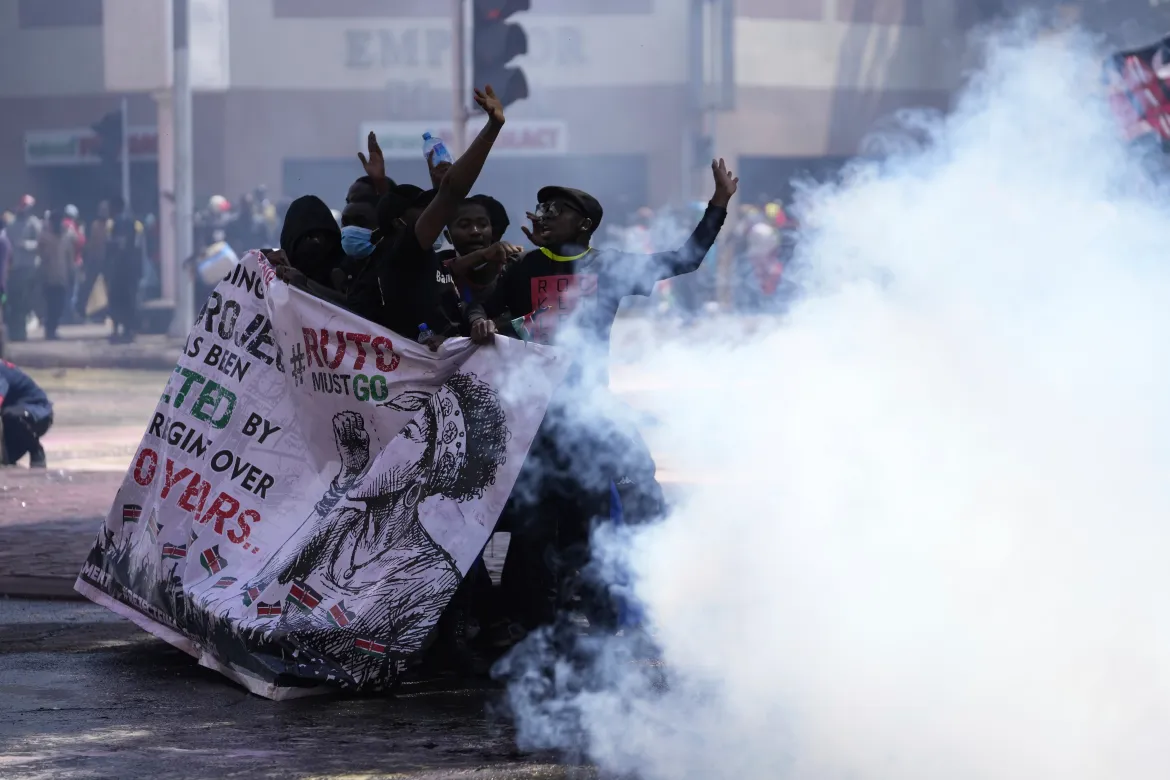
On June 25, 2024, thousands of demonstrators gathered in Nairobi, chanting slogans and carrying banners demanding the withdrawal of the bill. The protests were largely youth-driven, organized through social media platforms like TikTok, Instagram, and X (formerly Twitter), where the hashtag #RejectFinanceBill went viral.
As the rally grew in size, a faction of the protesters marched toward Parliament, breaking through security barriers in an act of defiance that shocked the nation.
In an unprecedented move, a crowd of mostly Gen Z protesters stormed the Parliament building in Nairobi, pushing past overwhelmed security forces. They occupied parts of the compound, waving flags and holding impromptu sit-ins, while others vandalized sections of the premises. Videos from the scene, widely circulated online, showed young protesters demanding to be heard.
For a few hours, they commanded the nation’s attention, but the government’s response was swift and brutal. As the situation escalated, riot police were deployed to the Parliament compound, and what followed was a violent dispersal that drew widespread condemnation. Tear gas and water cannons were used indiscriminately, and by evening, live bullets were fired into the crowd.
At least 19 protesters were killed in the chaos, including two university students whose deaths became rallying cries for justice. Dozens of others were injured, while hundreds were arrested in the immediate aftermath.
Human rights organizations, including Amnesty International and the Kenya National Commission on Human Rights (KNCHR), condemned the excessive use of force, calling it a violation of the protesters’ constitutional rights.
The violence didn’t end on the day of the protest. In the following weeks, reports of abductions emerged, with activists and organizers targeted in nighttime raids by unidentified individuals. By the end of June, over 200 young people were reported missing, with many feared dead or detained in undisclosed locations.
The storming of Parliament and the police response sparked a national and international outcry. President William Ruto initially dismissed the protests as politically motivated. However, as public anger grew, he vetoed the Finance Bill on June 26, acknowledging the public’s grievances but offering no apology for the lives lost.
The Embakasi Fire Tragedy
On February 1, 2024, a catastrophic gas explosion occurred in the Mradi area of Embakasi, Nairobi, resulting in significant loss of life and widespread injuries. The incident took place around 11:30 p.m. when a gas-laden lorry exploded, igniting a massive fire that engulfed nearby structures, including residential homes and warehouses.
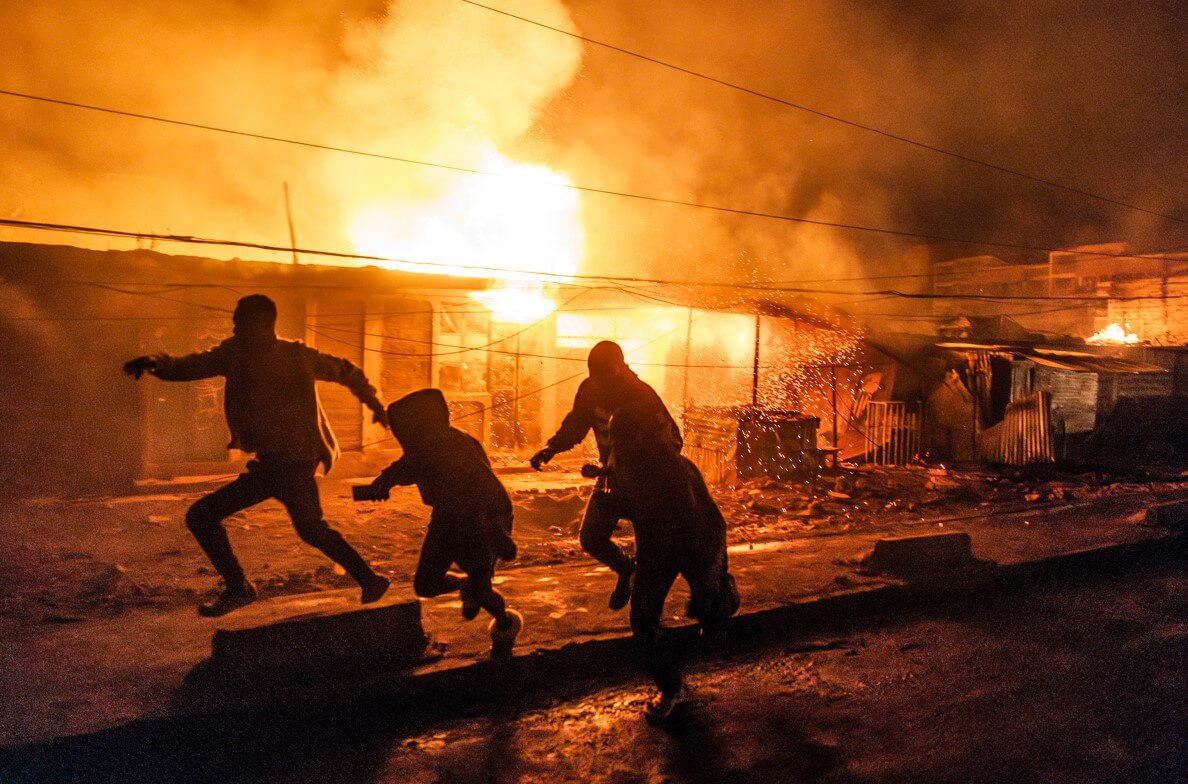
Initial reports confirmed at least three fatalities and approximately 280 injuries. The injured were transported to various hospitals across Nairobi for treatment.
Investigations revealed that the explosion originated from an illegal liquefied petroleum gas (LPG) refilling plant operating without the necessary licenses. The Energy and Petroleum Regulatory Authority (EPRA) had previously denied construction permits for an LPG storage and filling plant at the site, citing safety concerns due to high population density and inadequate safety measures.
The Death of General Francis Ogolla
On Thursday, April 18, 2024, Kenya was plunged into mourning following the tragic death of General Francis Omondi Ogolla, the Chief of Defence Forces (CDF), in a helicopter crash in Elgeyo Marakwet County. The crash claimed the lives of General Ogolla and nine other military personnel.
The fatal crash occurred at approximately 2:20 PM when a Kenya Air Force Huey helicopter went down during a mission to visit troops deployed in the North Rift region under Operation Maliza Uhalifu, an operation aimed at combating banditry and insecurity. The helicopter was also on a mission to inspect school renovation projects initiated by the military in the region.

Witnesses reported seeing the aircraft struggle mid-air before plunging into a valley near Kapsowar. The impact was catastrophic, and all ten occupants, including General Ogolla, were confirmed dead at the scene.
The government declared three days of national mourning, during which flags were flown at half-mast across the country. A memorial service held in Nairobi on April 20 drew thousands of mourners, including military personnel, government officials, and members of the public. General Ogolla was laid to rest in his hometown of Ngiya, Siaya County, on April 21, in a state funeral with full military honors.
The Death of Marathon World Record Holder Kelvin Kiptum
On February 11, 2024, the athletics world was shaken by the tragic death of Kelvin Kiptum, the Kenyan marathon sensation who had recently set a new world record. Kiptum, aged 24, died in a car accident near Kaptagat in western Kenya, alongside his coach, Gervais Hakizimana.
The fatal crash occurred around 11:00 PM local time. According to local police reports, Kiptum lost control of his vehicle, which veered off the road, entered a ditch, and collided with a tree. Both Kiptum and his coach were pronounced dead at the scene. A female passenger sustained injuries and was rushed to a nearby hospital for treatment.
An autopsy conducted by Government Pathologist Dr. Johansen Oduor confirmed that Kiptum died from severe head trauma sustained during the crash.

Kelvin Kiptum was a rising star in long-distance running. He made a remarkable debut at the 2022 Valencia Marathon, recording the fastest time ever for a marathon debutant. In 2023, he won the London Marathon and set a new world record at the Chicago Marathon with a time of 2:00:35, breaking the previous record held by Eliud Kipchoge.
His untimely death came just as his world record was officially ratified by World Athletics.
The news of Kiptum’s death elicited an outpouring of grief from the global athletics community. World Athletics President Sebastian Coe expressed deep sorrow, stating, “An incredible athlete leaving an incredible legacy, we will miss him dearly.”
Fire Accident at Hillside Endarasha in Nyeri
On the night of September 5, 2024, a devastating fire engulfed a dormitory at Hillside Endarasha Academy in Nyeri County, Kenya, resulting in the tragic deaths of 17 pupils and leaving 14 others seriously injured.
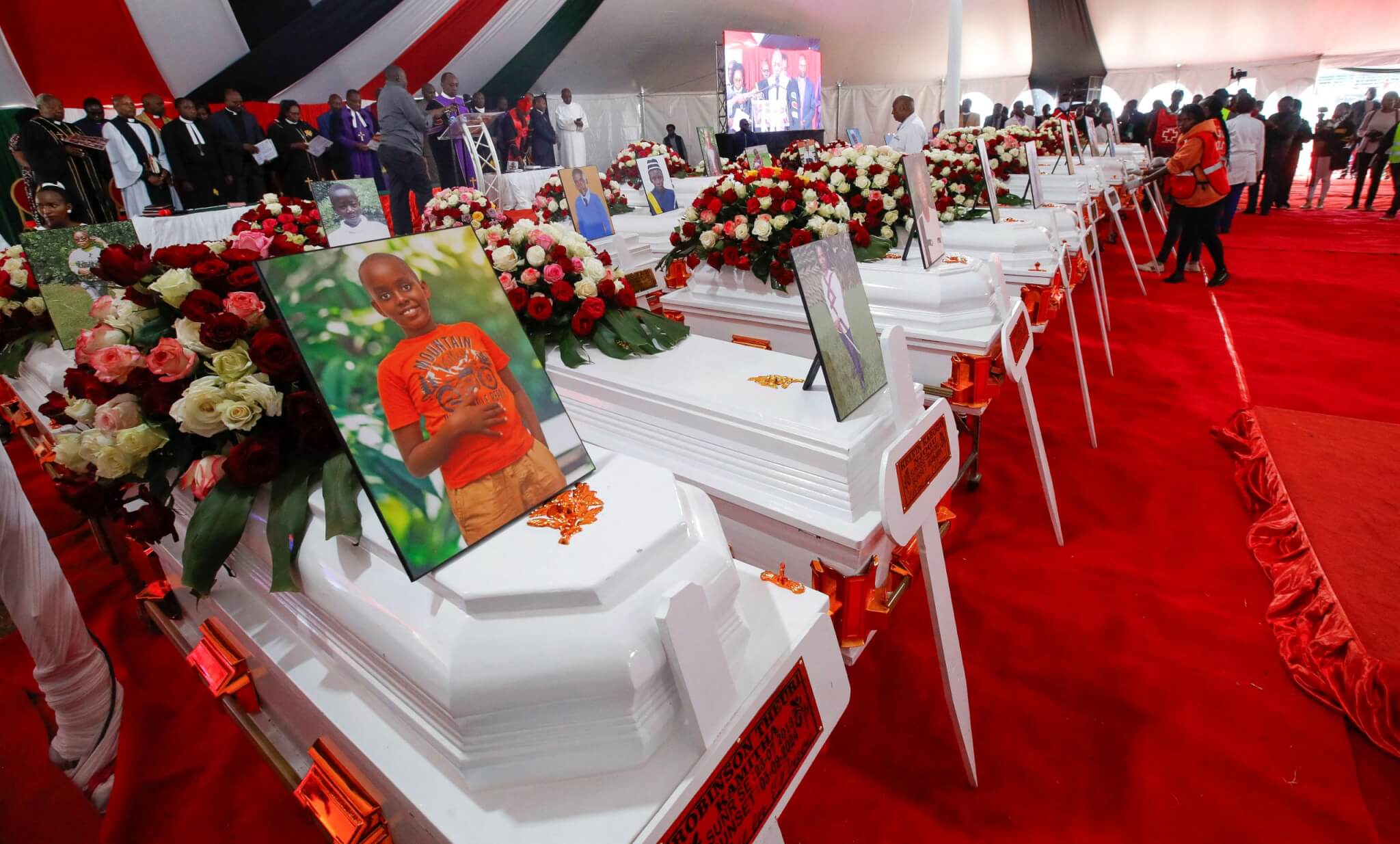
The fire broke out around midnight, catching many of the 156 boys housed in the dormitory off-guard as they slept.
Emergency responders, including local firefighters and medical teams, rushed to the scene but faced challenges containing the rapidly spreading blaze. The inferno was eventually brought under control, but not before causing significant loss of life and property.
Increased Cases of Femicide and GBV
The year 2024 has been marked by a deeply troubling surge in cases of femicide in Kenya, with over 100 women murdered in just four months, most at the hands of intimate partners or acquaintances. Among the most shocking incidents was the gruesome murder of Rita Waeni, a 20-year-old university student whose death brought national attention to the rising violence against women.
On January 14, 2024, the dismembered body of Rita Waeni, a Jomo Kenyatta University of Agriculture and Technology (JKUAT) student, was discovered in an apartment in Roysambu, Nairobi. Her head was missing, and her mutilated remains pointed to a violent and premeditated attack. Waeni’s death sent shockwaves through Kenya, as the gruesome details of her murder were revealed.
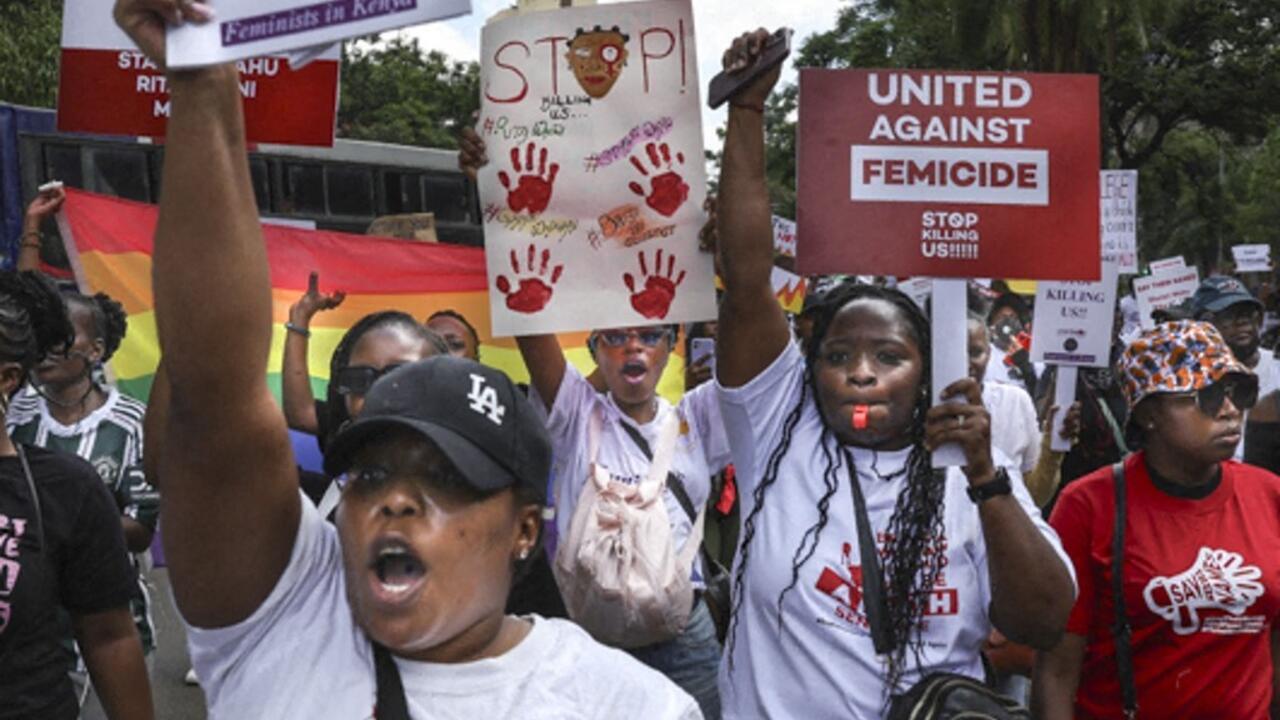
Police investigations led to the arrest of two Nigerian nationals, William Ovie Opia and Johnbull Asbor, on January 22. The suspects, residing illegally in Kenya, were allegedly found with tools believed to have been used in the murder, including a butcher’s knife and an axe. Waeni’s head was later recovered near the suspects’ hideout in Ndenderu, Kiambu County.
Waeni’s case is not isolated. Kenya has been grappling with an alarming increase in gender-based violence, with 7,107 GBV cases reported since late 2023. Activists and government officials have raised concerns about the failure to protect women, even as high-profile cases bring temporary public attention.
These femicide cases sparked widespread outrage. On December 10, 2024, hundreds of Kenyans marched in Nairobi to protest rising cases of femicide and demand justice for victims.
Prime Cabinet Secretary Musalia Mudavadi labeled the surge in femicide as “deeply worrying” and announced the formation of a specialized unit within the Directorate of Criminal Investigations (DCI) to address these crimes. Additionally, President William Ruto December approved the establishment of a Presidential Working Group on Femicide, tasked with developing actionable proposals within 90 days.
A United Nations report released in November 2024 highlighted that Africa recorded the highest rate of partner-related femicide in 2023. In Kenya, President William Ruto said that four out of five women killed are victims of intimate partner violence.
Mass Layoffs Across The Economic Sectors
2024 proved to be a challenging year for Kenya’s economy, with mass layoffs sweeping across key industries. Companies cited various factors, including reduced revenues, high taxation, and increased operational costs, as drivers for workforce reductions. The widespread job losses left thousands of families struggling and even shuttered some.
The media sector was one of the hardest hit, with layoffs affecting major organizations. In July 2024, Standard Group, one of Kenya’s largest and oldest media houses, announced over 300 job cuts as part of a restructuring exercise. The company attributed the layoffs to dwindling revenues from traditional advertising streams and the shift to digital media. This was the second major layoff in two years, sparking concerns over the future of journalism jobs in Kenya.
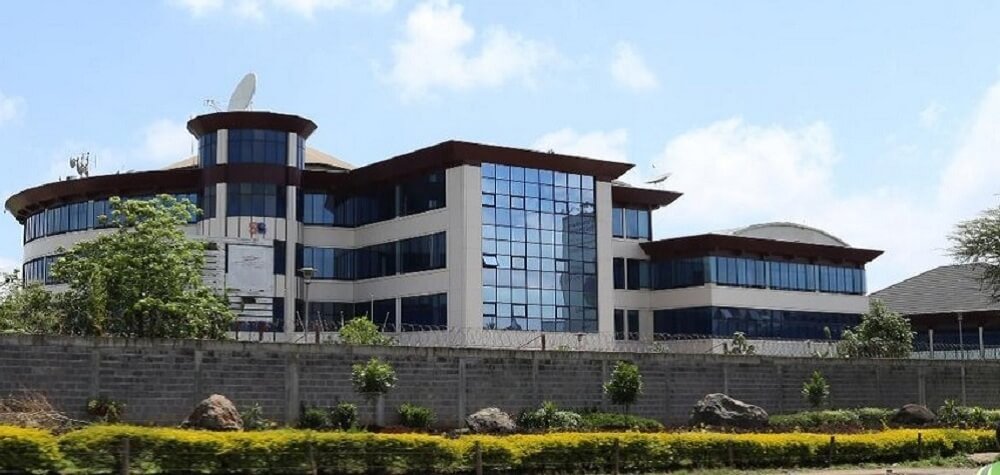
The Nation Media Group also downsized its workforce in June 2024, citing challenges in traditional revenue streams and the need to realign with changing audience habits. Exact figures of affected employees were not disclosed, but industry estimates suggest over 100 job losses.
Radio Africa Group laid off a significant portion of its workforce in July 2024, blaming reduced advertising revenue and high operational costs. Most of those laid off were correspondents. The layoffs were part of a broader strategy to adapt to Kenya’s changing media consumption landscape.
The technology sector, which had shown promise in previous years, was not spared. In May 2024, Copia Global announced the closure of its Kenyan operations due to financial constraints and difficulties in securing additional funding. The move left 500 employees jobless.
Kenya ranked among the top 20 countries globally with the highest number of layoffs in the tech industry. Over 2,000 tech workers lost their jobs in 2024, with the majority affected by startups struggling to raise capital amid a global funding slowdown.
The G4S security company announced plans to lay off 400 employees between November 2024 and April 2025, citing reduced business opportunities and rising operational costs. This decision significantly impacted its workforce, particularly in urban areas.
Rift Between President Ruto and Former Deputy President Gachagua
In 2024, Kenya’s political landscape was marked by escalating tensions between President William Ruto and his then-Deputy President, Rigathi Gachagua. This discord culminated in Gachagua’s impeachment, a historic event that underscored deep-seated divisions within the ruling Kenya Kwanza administration.
Reports of a rift between Ruto and Gachagua began surfacing in early 2024. Analysts pointed to ideological differences and power struggles as primary catalysts for the growing divide. Gachagua was accused of insubordination, particularly concerning his opposition to certain government policies, which strained his relationship with the President.
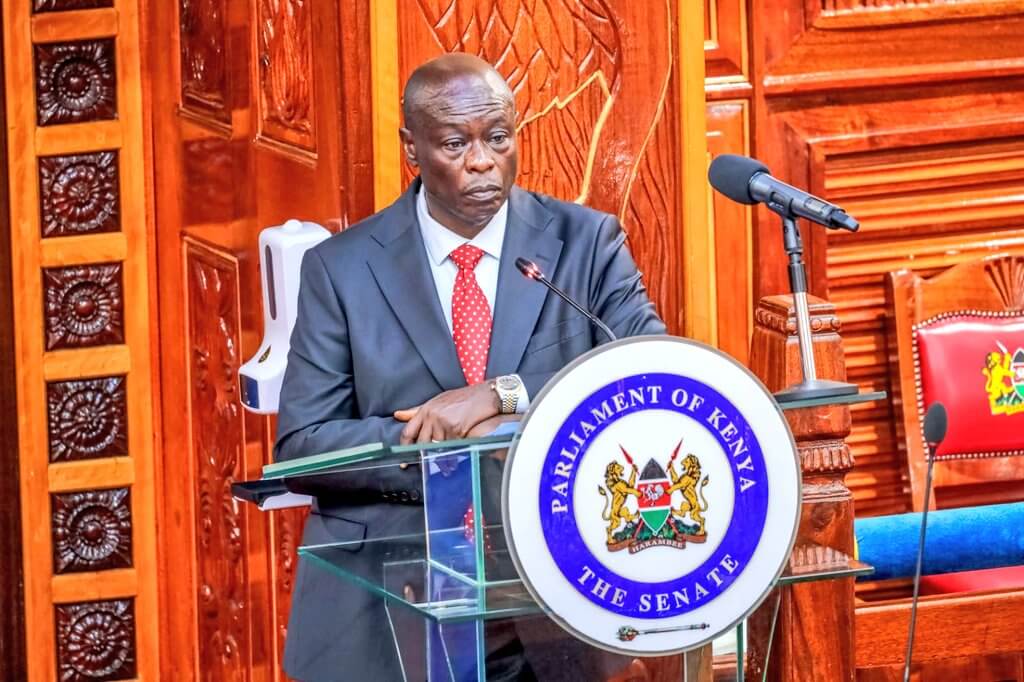
By mid-2024, the discord became more pronounced. Gachagua publicly accused politicians from Ruto’s Rift Valley stronghold of undermining his authority in the Mount Kenya region, alleging a plot to sideline him in future political arrangements. These accusations intensified internal conflicts within the administration, with allies from both sides engaging in a war of words.
The culmination of these tensions was the initiation of impeachment proceedings against Gachagua. On October 1, 2024, a motion citing eleven articles of impeachment, including corruption, ethnic discrimination, and contradicting government policies, was introduced in Parliament. The National Assembly overwhelmingly supported the motion, with 281 MPs voting in favor. Subsequently, the Senate conducted hearings, and despite Gachagua’s hospitalization during the proceedings, he was impeached on October 17, 2024.
The Death of Mary Njambi Koikai
Mary Njambi Koikai, affectionately known as Jahmby or Fyah Mummah, was a celebrated Kenyan media personality, reggae enthusiast, and an advocate for women’s health. Her life was marked by resilience to raising awareness about endometriosis—a condition she battled from her teenage years until her untimely passing on June 3, 2024, at the age of 38.
Njambi’s passion for music and media became evident early on. She carved a niche for herself in Kenya’s entertainment industry as a reggae DJ and radio host, earning a loyal following for her vibrant personality and deep knowledge of reggae music. Her moniker, Fyah Mummah, became synonymous with Kenya’s reggae scene, where she was celebrated for her energetic performances and dedication to promoting the genre.

At the age of 13, Njambi began experiencing excruciating menstrual pain, a symptom of endometriosis—a condition where tissue similar to the lining of the uterus grows outside it, causing severe pain and complications. Despite her struggles, it took 17 years for her to receive an accurate diagnosis.
Njambi’s condition was particularly severe, leading to multiple lung collapses coinciding with her menstrual cycles—a rare manifestation known as thoracic endometriosis. This necessitated numerous surgeries and extended hospital stays. In 2018, she sought specialized treatment in the United States, where she underwent several procedures to manage the disease’s progression.
In May 2024, shortly before her passing, Njambi made an appeal to President William Ruto during his state visit to the U.S., urging investment in healthcare facilities specializing in endometriosis treatment.
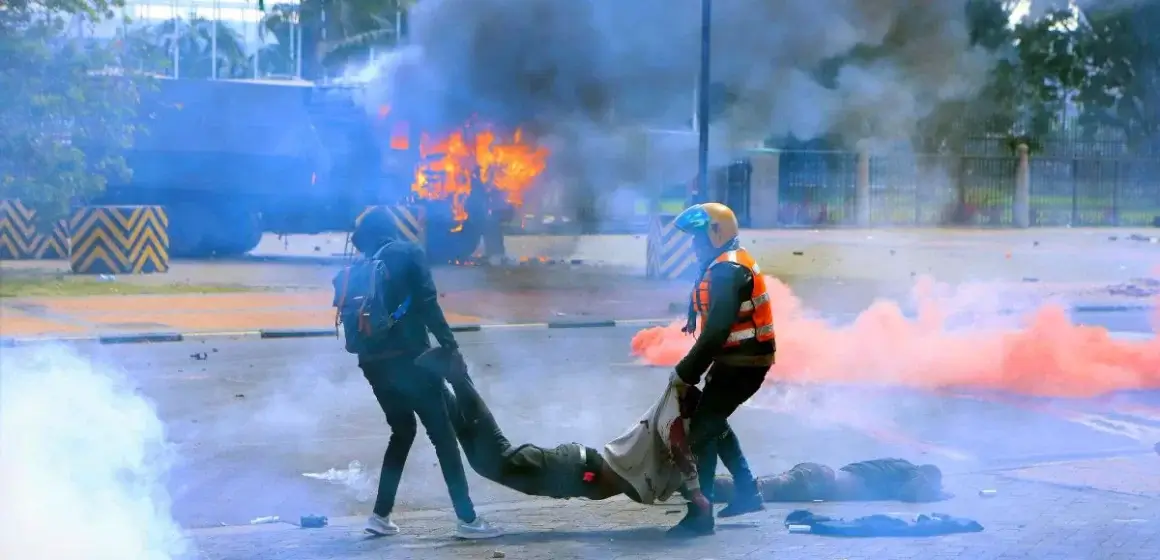








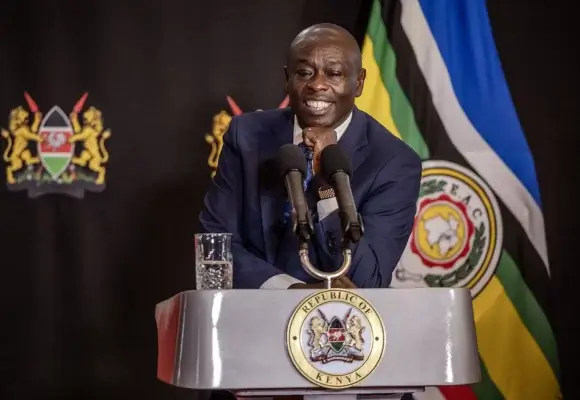
LEAVE A COMMENT
You must be logged in to post a comment.